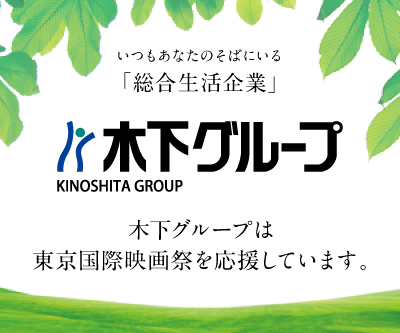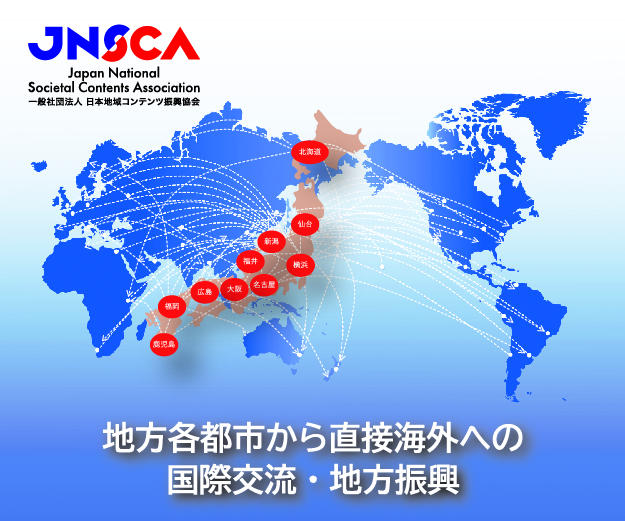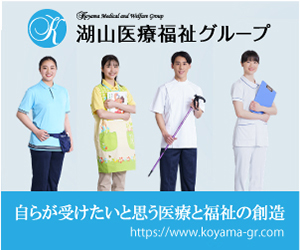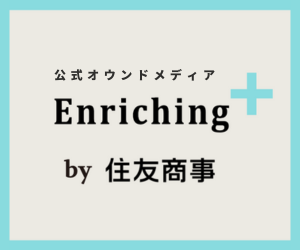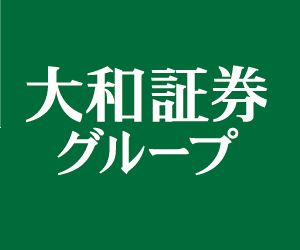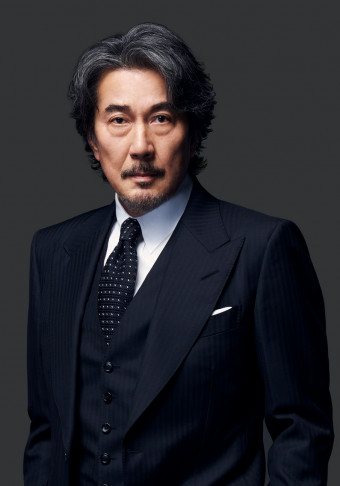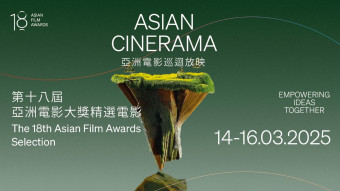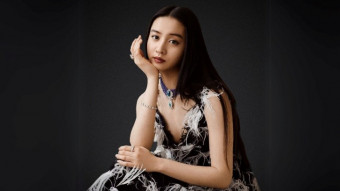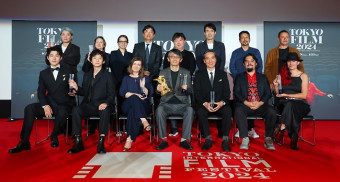
One of the highlights of the new Women’s Empowerment section, launched with deserved fanfare at the 37th Tokyo International Film Festival, was a full day of screenings and discussions addressing the past, present and future of female filmmakers. Entitled Women Directors Keep Paving the Way and hosted by the Tokyo Metropolitan Government with co-host UNIJAPAN, the symposium attracted a huge crowd and opened up a much-needed dialogue celebrating women’s achievements, considering the ongoing challenges faced by women in film, as well as measures to enhance the principles of DEI (diversity, equality and inclusion) in the global industry.
The day had begun with a screening of the documentary Women Make Films – The Tokyo International Women’s Film Festival, a tribute to the late pioneer Takano Etsuko, who had produced the festival and supported the breakthrough of women filmmakers for decades. The directors who appeared in Women Make Films, along with others who followed in their footsteps, then shared their own experiences and thoughts on the future.
Late in the day, TIFF Senior Programmer Dr. Andrijana Cvetkovikj, who had helped launch the Women’s Empowerment section at TIFF, led a discussion with three women whose work is being presented in the new section at the festival this year: Kai Sayaka, director of Abadana, Ceylan Özgün Özçelik, director of In Ten Seconds, and Chan Oliver Siu Kuen, director of Montages of Modern Motherhood.
Cvetkovikj began by referring to the earlier sessions, noting that “I feel very proud to be standing here today. We have been celebrating the history of female creativity in Japan. As you know, the first novel in the world was written by a woman (“The Tale of Genji” by Murasaki Shikibu), and the same is true of many female directors who spoke today. Their way was very difficult, but they paved the path anyway.”
She asked the three directors to discuss how easy or difficult it is to be a director in their own country, and how they themselves came to it — “Not only when you decided to become a director, but when you were already a director and became a mom, what sorts of challenges did you have to overcome? And I’d also like to ask how you feel about being part of this new section at TIFF, and whether you think that film festivals should be taking up such topics.”
Kai was invited to respond first. Her first feature, Red Snow (2019), had been selected for the Competition section at the Marrakech International Film Festival and screened at many other festivals, including the Takasaki Film Festival (where she received the New Directors Grand Prix) and the Japan Film Festival Los Angeles (Best Film Award). “It’s been so educational, listening to this discussion of how these pioneers paved the way. But right now, only 11 percent of directors in Japan are female, and that’s very small. We have to become more aware and raise that number to 50-50. So I think addressing this topic in the film festival is a great idea.”
Özçelik, who is from Istanbul, Turkey, also thanked TIFF for the section and the day’s symposium.
She has directed both features and shorts, fiction and docs, and her previous films have screened at SXSW, Berlinale Panorama, RIDM (Montreal International Documentary Festival), Dokufest, London Short Film Festival and many more. However, she noted, “Film festivals raise awareness on the audience side, but when it comes to production, we need more, definitely. Women’s films were not and still are not accepted by festivals. Without sections devoted to them, our voices will not be heard — even at Venice, Cannes, the Academy Awards, acceptance is minuscule. Sometimes I feel like nothing’s changed, but then I feel like, by baby steps, we’re definitely going there.”
Writer-director Chan Oliver Siu Kuen, who’s based in Hong Kong, also said she felt really empowered being in the section. “I made my first feature (the festival/theatrical hit Still Human, which won her Best New Director at the 38th Hong Kong Film Awards) and then became a mother. Before that happened, I didn’t feel there was such a difference with male directors, but afterward, everything became a much bigger challenge. I put all my feelings into my new film (Montages of a Modern Motherhood) and I feel it really resonates with other women. I’m really proud to be here.”
Cvetkovikj recalled that, “When I received the offer to become senior programmer for this section, I thought to myself, in the time since Etsuko started and was running this program until now, some things have changed, but many have not. It seems like since she died, the program died with her. Barbara Streisand, a pioneer female director in Hollywood, said that in 1916, there were 12 women directors and in 1990, there were 17. I was so shocked to hear that. And for big-budget films, probably fewer than 5 percent of women are directing them.
“I’m originally from Macedonia,” she continued, “and I decided to be a film director when I was 12. I wanted to go to film school in Bulgaria, but they weren’t accepting females. I decided to challenge this tacit refusal and was accepted as the only woman out of six. On the first day, one of my professors pulled me aside and said, ‘I think you should switch to editing. It’s too hard to become a director.’ Then I came to Japan and wound up doing research for a PhD. Again, I was one of the only women in the course.
“As many of you know, I was the ambassador of Macedonia to Japan, and believe me, it was much easier to do that than being a female director. There were 18 [females] out of 169 ambassadors here in Japan, so that’s a higher percentage.”
Kai recalled that when she started, “There weren’t many women on set and it took me a long time to shoot my first feature. I was offered a job adapting a novel into a film, but then the author told me he didn’t want a female doing that. So time went on, I had a child, and for my first film, I had trouble getting people on set to do what I asked them to. But maybe because of #MeToo, things are getting a bit better.”
Laughed Özçelik, “In Turkey, everything starts with the family. I wanted to be a filmmaker since the age of 9, but my father was a lawyer and he forced me to study law. As soon as I started school at 19, my family then pushed me to get married. Finally, I became a film director. When I was a child, I would watch TV and I realized that there were always men getting awards on stage, and they were all so relaxed about it. Women were on stage only when they won acting awards, and they would always cry. I would wonder why. After coming into the industry, I realized it was because it’s just so hard to get to that stage, so hard to get accepted.”
Chan noted, “We’re all from different places, but it’s so similar to my own experience. In Hong Kong generally, they don’t see filmmaking as a good career. So I studied economics and worked as a banker. But then it was like, ‘I need to make films or die,’ so I got a degree in filmmaking. I remember one instructor who said, ‘Nowadays, so many girls want to direct, and that’s great — you can just get married and be supported by your husbands and make your films.’ I was so shocked. This instructor was a director, and I did not like his films.”
In Hong Kong back then, there were only five women directors of note, but in recent years there are government-funded initiatives for first-time directors and they don’t consider gender in making the decision. I benefited from that, too. But for features that are commercial action films, they never give money to females. In Hong Kong, they care a lot about money and time. So after my first film did really well, they wanted to invest in my second film, which actually put a lot of pressure on me.”
Cvetkovikj said, “With my background of being a filmmaker, being a diplomat, being a businesswoman, I can tell you that this movement to empower women has become a very important issue. Film production companies have shareholders, they are listed on the stock exchange, so they must take this seriously. Film companies must give rights to women, such as having proper working contracts, working hours, providing childcare on film sets and maternity leave, having quotas for women in their companies, and quotas for women involved in the movies they produce.”
She asked, “What kind of support would you like the top producers in your countries to provide?”
Chan responded, “One thing I’d like is for them to be open-minded about female topics. For my second film, all the [company reps] considering the script were male and they asked if it was worthwhile making a film about motherhood, when most mothers are too busy or can’t afford to buy tickets. Because we’re usually freelancers in Hong Kong, we don’t have maternity leave or childcare on sets, and if you expect them to provide that, they’ll just ask someone else to take the project.”
Özçelik said, “I get together with some bigshots at companies every year to ask for support for independent films. I’ve been doing that for the last 10 years, trying to convince them to make female-centric films. But they see you as a witch whether you’re smiling or not, have children or not, express yourself or not. No matter what you do, you’re a witch. I kindly ask them, ‘If you don’t support my film, okay. But please support women as heads of your departments.’ I ask them to be careful about equality on set. It’s 2024, come on.”
Kai’s experience has been similar: “Even now, 90 percent of those on set are men. The other females on set have the same issues. We have the same fear that having children will mean the end of our careers. I remember carrying my baby on my back when I was making my first film, I was so worried about losing my one chance. My latest film (Adabana) is a Japan-France co-production, and I was so surprised how rich all the subsidiaries are from the French side, whereas in Japan, production costs continue to be reduced. If only we could have childcare, and even males could bring their kids to the set. Compared to France, I feel there’s so much that needs to be done in Japan.”
“It is so important that government and film companies support female filmmakers in Japan,” emphasized Cvetkovikj. “Without their perspectives, films are much less rich. Films by women enrich our worldview. Remember, film is not just art, it’s numbers. The export of films from Japan accounts for higher revenues than that of the steel industry. Women should play a crucial role in the industry, and benefit from the opportunities. Please support women directors.”
Women’s Empowerment
Symposium on Women’s Empowerment: Women Directors Keep Paving the Way
Guest: Kumagai Hiroko (Filmmaker), Hamano Sachi (Filmmaker), Matsui Hisako (Filmmaker), Yamazaki Hiroko (Filmmaker), Sato Shimako (Filmmaker), Nishikawa Miwa (Filmmaker), Kai Sayaka (Filmmaker), Ceylan Ozgun Ozcelik (Filmmaker), Chan Oliver Siu Kuen (Filmmaker) and others.











